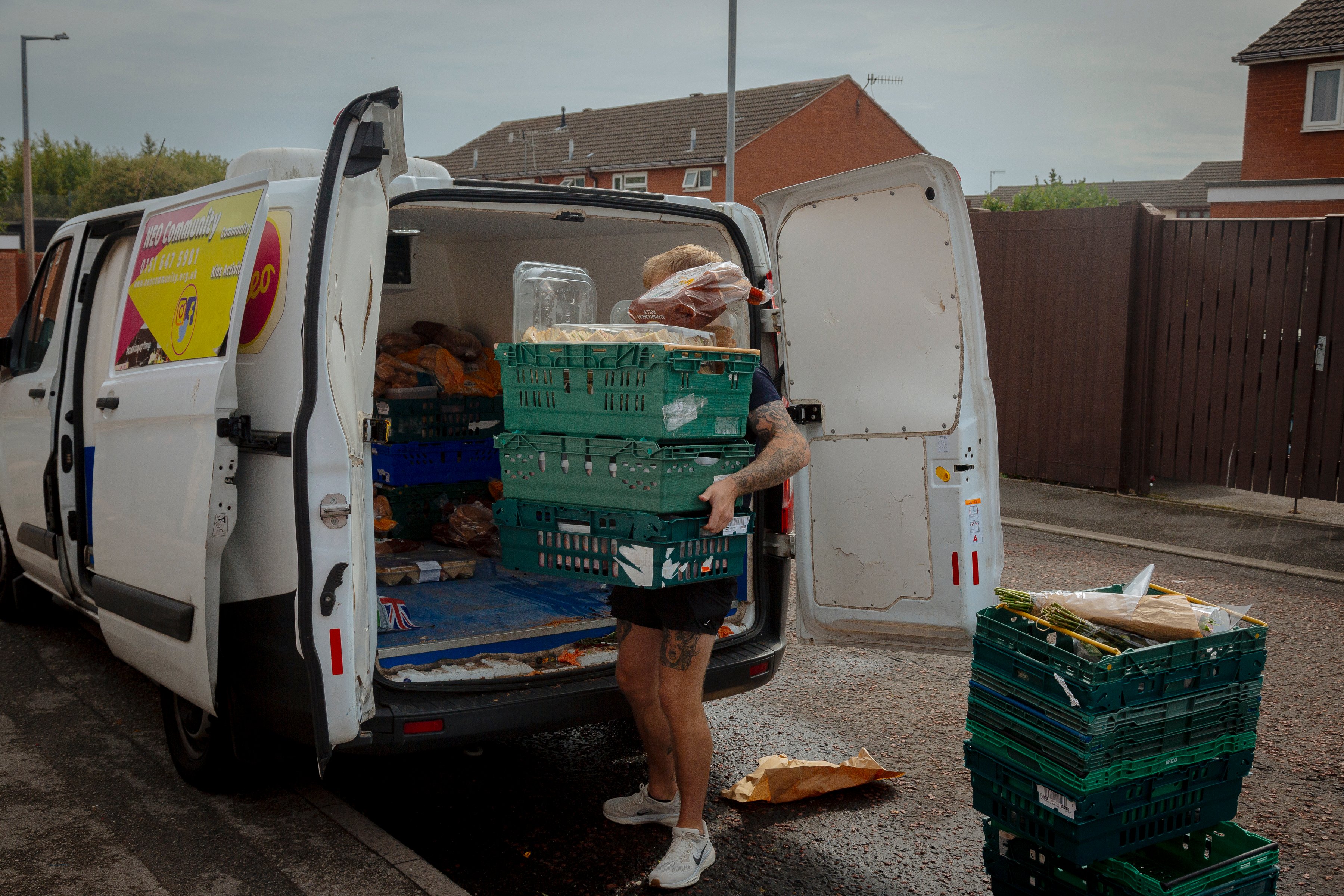Poverty's toll on the nation's health a “mounting catastrophe” in need of political attention
The Joseph Rowntree Foundation (JRF) is warning that the nation’s health can’t be protected only through NHS reform, as new JRF-backed research by the King’s Fund health and care think tank exposed the staggering toll poverty is taking on NHS services.
The Joseph Rowntree Foundation (JRF) is warning that the nation’s health can’t be protected only through NHS reform, as new JRF-backed research by the King’s Fund health and care think tank exposed the staggering toll poverty is taking on NHS services.
With almost four million people in the UK facing destitution in a single year, and around two million families forced to switch off fridges or freezers, the effects of poverty are tangible and felt in all parts of the NHS. The research found a direct correlation between deprivation and emergency admissions to hospital, indicating that poverty is worsening health as well as affecting access to services.
JRF is calling on politicians to “get serious about tackling hardship” as part of their pitch to the public ahead of the general election, as the effects of deep poverty risk becoming a “mounting catastrophe” in years to come.
‘Illustrating the relationship between poverty and NHS services’, published today (18 March) by the King’s Fund found:
- Health inequalities affect all NHS services but the most acute care, which is the most expensive, is “running hot” with health problems made worse by poverty and not being addressed before they become serious. Hospital data shows a direct correlation between higher levels of deprivation and higher emergency admissions.
- 30% of people living in the most deprived areas have turned to 999, 111, A&E or a walk-in centre because they were unable to access a GP appointment, compared to just 10% of people in the least deprived areas.
- The increase in length of stay in critical care beds has been greater among more deprived groups. Between 2017/18 and 2022/23 the average length of stay in critical care increased 27% for people in the most deprived communities but just 13% for the least deprived.
The research provides proof of what clinicians and poverty experts have observed – that people living in poverty experience greater illness, find it harder to access treatment and die earlier than the rest of the population.
For some health conditions, mortality rates are higher even if prevalence is lower – for examples with atrial fibrillation, people in deprived communities are 1.3 times less likely to suffer the condition yet deaths from it are 1.6 times higher.
Paul Kissack, Chief Executive of the Joseph Rowntree Foundation said:
“As we approach a general election, any political leader serious about turning the tide on worsening health in our country, and protecting the NHS, needs to get serious about tackling poverty and hardship. Deep poverty is driving pressure into an already overstretched health service. With acute health care running hot, no serious plan for our NHS can be made that doesn’t address poverty.
“And improving the nation’s health goes well beyond the NHS. We live in a country where millions of people – including a million children – face destitution, going without essentials such as food, toothpaste or warm clothes. This scale of hardship risks a mounting catastrophe for the nation’s health.
“For the sake of people’s dignity, their health and to protect their NHS, it is time for political leaders to get serious about tackling hardship – addressing poverty as the essential foundation for improving the nation’s health and wellbeing.”

This news article is part of the deep poverty and destitution topic.
Find out more about our work in this area.